Chinese traders furious at Donald Trump after devastating tariffs
Chinese stockmarkets have tanked and business owners are angry, as The Australian discovered on a visit to Yiwu, China’s biggest wholesale market.
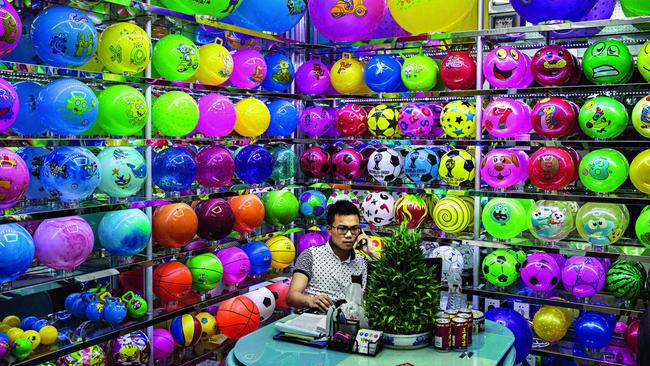
Just the mention of Donald Trump’s name was enough to set off workers in Yiwu International Trade City, China’s biggest wholesale market and a giant hub of international commerce.
“I hate him,” Ms Zhang, who runs a business selling metal souvenirs, told The Australian. “He is a bad guy.”
The US President’s devastating new 34 per cent tariff on China – which takes America’s total tariffs on Chinese goods to around 65 per cent – is due to take effect on Wednesday, American time.
Chinese stockmarkets plunged on Monday, their first day of trading since “Liberation Day” and following the Qingming, or Tomb-Sweeping, holiday. Hong Kong’s Hang Seng index fell 13 per cent, its biggest one day fall since the global financial crisis in 2008. The Shanghai Composite Index was down 7 per cent.
Economists have forecast Mr Trump’s new Chinese tariffs are expected to shave about 2 per cent off China’s GDP this year. Canberra worries the hit to the nation’s biggest trading partner will hurt the local economy more than America’s 10 per cent tariff on Australia.
The new tariffs are a devastating blow for the almost 80,000 stores in Yiwu’s mega market in China’s eastern Zhejiang province, their hundreds of thousands of staff and the nearby factories that produce the stuffed animals, tourist trinkets, garden equipment, metal goods, light bulbs, umbrellas, Christmas decorations and all seemingly every other consumer good you could imagine across its five airport terminals worth of stores.
Underlining its importance as a marker of China’s economic health, President Xi Jinping did what state media called a “field research” trip of the market in 2023.
“[I hope] the small commodities and big market of Yiwu will continue to thrill and achieve even bigger glory,” Mr Xi told shopkeepers and owners.
On Friday, The Australian conducted its own field research trip after Mr Trump’s tariff announcement. The mood was furious.
Traders in Yiwu said Mr Trump’s new tariffs would worsen an already difficult international environment for Chinese exporters.
“Business has been difficult in recent years, especially after Covid,” Mr Wu, who owns a metallic hardware store, told The Australian. “Trump is only making the situation tougher.”
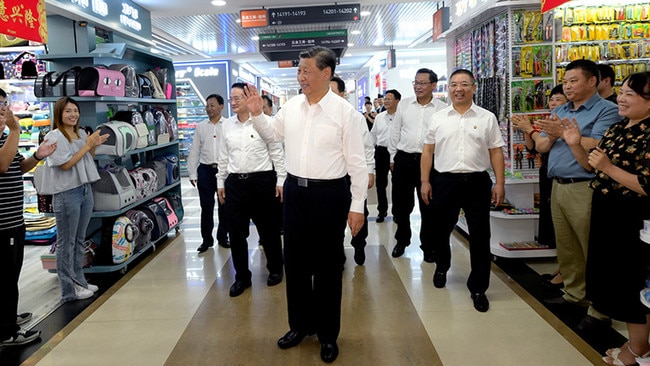
Ms Li, who sells gardening tools, said her business had already been impacted by Mr Trump. “He is making trouble for us,” she said.
Another factory owner, Mr Song, said he feared Beijing’s stimulus measures would not come close to replacing the hit to his business after Mr Trump’s thumping tariff. “I feel like the sky is falling,” he said.
Beijing hit back on Friday with its own 34 per cent tariff on US goods. Denouncing America’s “unilateral bullying” and a “blatant violation” of World Trade Organisation rules, Beijing also announced a suite of export curbs on rare earth metals.
“China is an ancient civilisation and a land of propriety and righteousness,” China’s Foreign Ministry said in a statement. “We do not provoke trouble, nor are we intimidated by it. Pressuring and threatening are not the right way in dealing with China.”
Nationalist Chinese cheered Beijing’s counterpunch, with many online commentators calling for a “buy China” campaign. Instead of Teslas, Chinese should buy BYD electric vehicles, they said. Starbucks should be replaced with Chinese coffee chain Luckin. iPhones should be switched for Huawei handsets.
None of that was any comfort to store owners in Yiwu, who worry that the world’s biggest economy has now become closed to them.
Mr Xi’s administration has attempted to reduce China’s reliance on the US since Mr Trump launched his first trade war in 2018. Exports to the US now account for about 15 per cent of China’s total, down from around 20 per cent seven years ago.
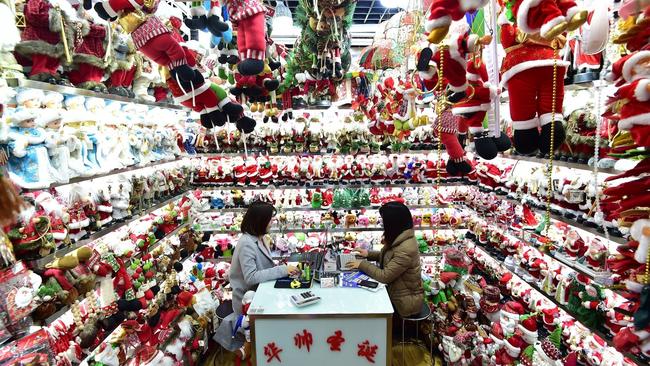
But America remains China’s biggest customer, with exports worth $US525bn in 2024. Official figures also likely undervalue the importance of the American market as many Chinese traders have redirected production to Southeast Asia and Mexico, but all with the US as the ultimate destination.
The Communist Party’s official mouthpiece, the People’s Daily, on Monday acknowledged Mr Trump’s new tariffs would hurt Chinese exporters, but flagged imminent support. “There is still room for further expansion of the fiscal deficit, special Treasury bonds and special debts,” the People’s Daily said.
“Extraordinary efforts will be made to boost domestic consumption, concrete and effective policy steps will be taken to firmly stabilise the capital market and restore market confidence, with relevant contingency actions to be rolled out in succession.”
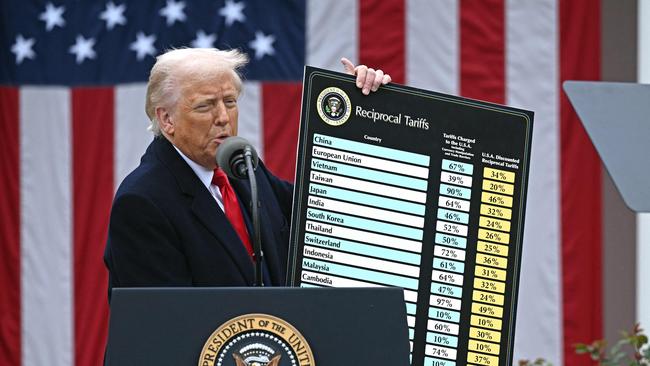
Chinese business publication Caixin said Mr Trump’s earlier 20 per cent tariffs had already hurt traders, with Customs data showing exports to the US of Chinese garments, furniture, footwear and toys were down between 7 per cent and 18.3 per cent by value in the first two months of 2025. “The extra levy is likely to hit Chinese exporters hard,” Caixin wrote.
Traders at Yiwu agreed. “Doing business with America makes no sense now,” Ms Zhang, owner of the metal souvenir store, said. One of her company’s bestsellers are metal badges, with national animals or symbols, such as a kangaroo jumping against a background of the Sydney Opera House for Australia.
“When tourists go travelling foreign countries, they like to buy ‘local souvenirs’ like the badges, but they are all made in China,” she said, smiling.
Ms Zhang feared her once profitable American line was in tatters, as US buyers wanted her to absorb the hike. There was no way she could get her prices down while paying such a tariff. “Now we have to rule out America,” she said.


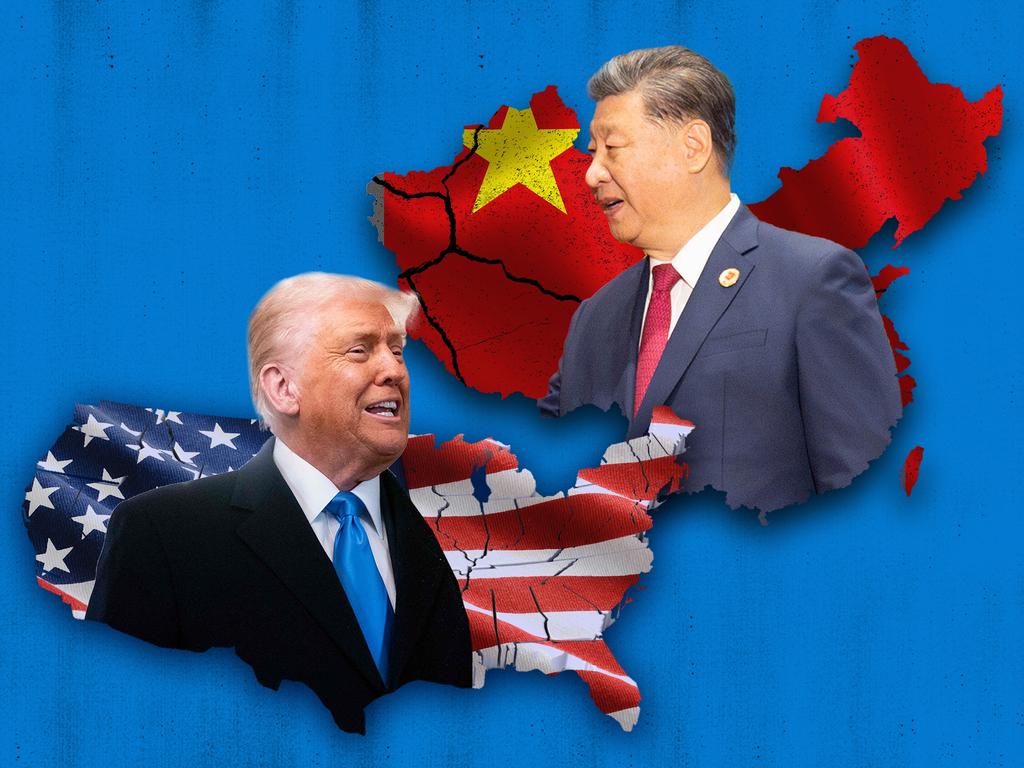
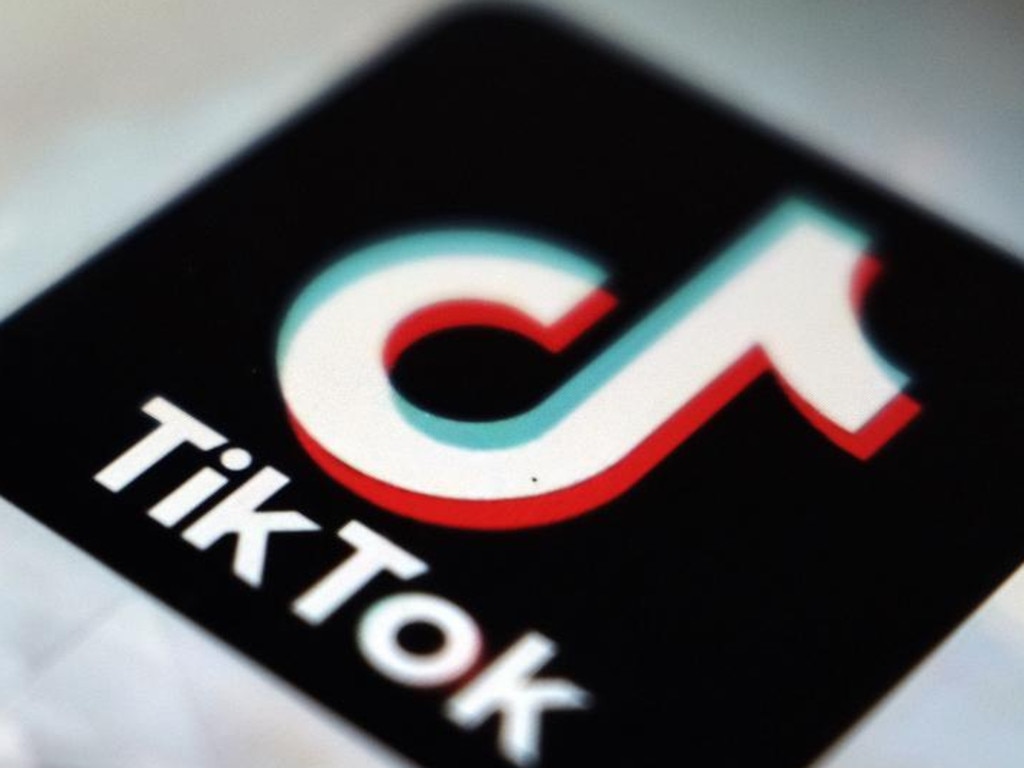


To join the conversation, please log in. Don't have an account? Register
Join the conversation, you are commenting as Logout